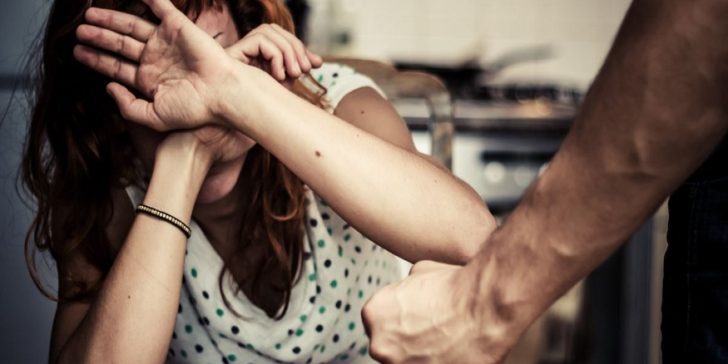
The forms of domestic violence are endless according to defence Lawyer Brampton. The consequences of it too. Each victim experiences the situation of violence in a different and unique way. However, there are some typical reactions in the behavior of victims who have experienced violence from a partner.
The silence. The most destructive reaction for the victim. Domestic violence is a taboo subject. Victims of domestic violence make incredible efforts to cover it up. The experienced pain and humiliation live only in their minds.
The reasons:
Imposing guilt on the victim. In most cases, although benevolently and unknowingly in one way or another, people hint or tell the victim that she is to blame for what happened.
We live in a world where to say that you failed or failed is shameful. When a victim of violence talks about what happened to her, it inevitably means admitting first to herself and then to the outside world that she was weak and incapacitated, that she failed to control the situation.
The denial and silence of violence is the denial and silence of our own evil and aggression. Usually people talk about violence by distancing themselves from it. The “abuser” and the “victim” are referred to as fugitive acquaintances, they are never our closest friends, we are never ourselves. We try to distance them from ourselves by accusing the victim of causing violence and the perpetrator of evil. The aggressive impulses that all people carry are attributed to the abuser, and the victim is often treated as an accomplice to the violence.
The result:
Unlocking a mental illness
The victim becomes an abuser.
Building a victim identity.
The internal contradiction is caused by the victim’s desire to “forget” about the violence, to erase it from his consciousness and to continue living as if the need had never happened on the other hand and to talk about it and thus begin to part with heavy memories. It is difficult, almost impossible to forget what happened, and it is just as difficult and impossible to tell.
Guilt. The generally accepted norm that the victim is guilty is experienced as a personal conviction. The victim of domestic violence begins to live with the thought that it is causing the violence and with the belief that if it changes and becomes “better”, the violence will stop.
Loss of self-belief. The victim feels helpless and passive, unable to cope on her own. This predetermines her low self-esteem. The victim is “crushed” mentally, feels humiliated, unworthy, defective.
State of dependence. Victims of domestic violence find themselves in a situation from which they can foresee violence but cannot escape it. Strong emotional, gender or financial dependence is the reason for the victim to stay with the abuser.
Conflicting feelings. Often the victim of domestic violence still loves her partner, but this love is accompanied by fear of physical and mental survival. This state of great confusion makes the victim indecisive.
Find us on BrownBook and ProfileCanada.
